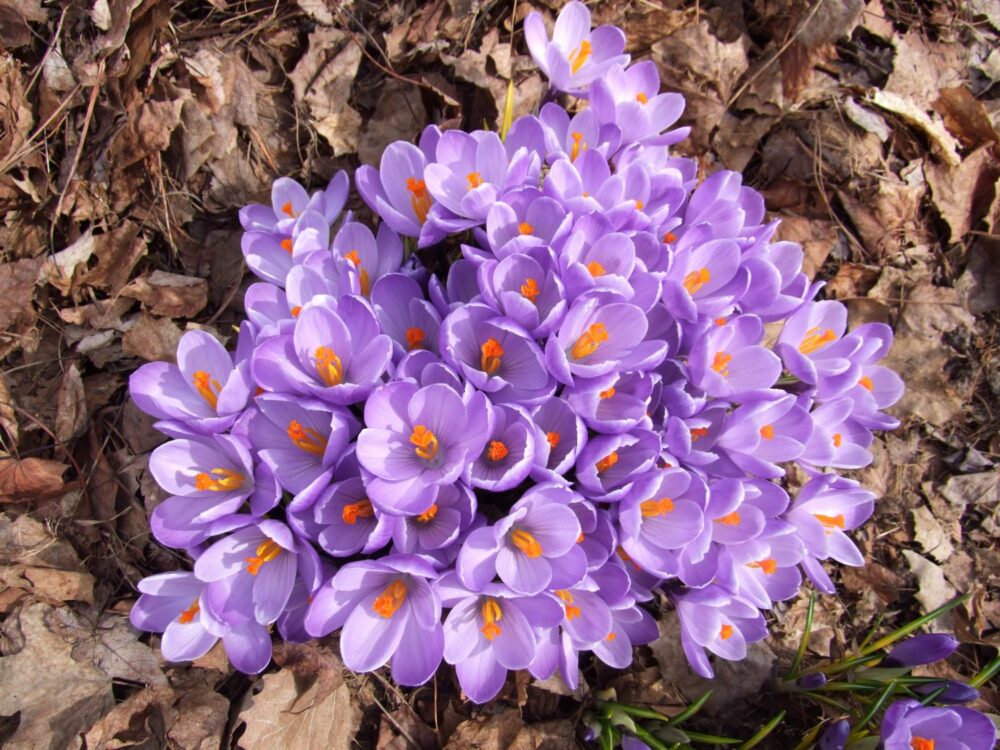
Why is poetry important?
As someone who writes, reads, and even studied poetry in university, I have been asked variations of this question many times. The answer I have come to is: It’s the wrong question.
But what is the right question? Well, if we’re going to ask questions about poetry, first we must redefine what we think of as poetry.
So let me invite you to set aside all the archaic words, epics, rhyme schemes, and books with yellowing pages that may come to mind when you hear the word “poetry”. Set aside Chaucer and Wordsworth, and even Gerard Manley Hopkins. Set aside inkwells and oil lamps, open mics and finger snapping.
Let us start at the beginning. Perhaps it’s one you’re familiar with.
In the beginning was the Word, and the Word was with God, and the Word was God … All things came into being through him (John 1:1,3).
In Genesis, God speaks the world into order and being. In the Gospel of John, God himself is the Word, the very essence of every spoken thing.
Every created thing is, at its very root, a communication of God, a participation in the Divine Word. Everything you see and experience and are is a communication of Love.
I have never studied theology. But I have lived my whole life in a world infused with the poetic.
For me as a child, poetry was a simple thing. I didn’t go digging around for it — rather, as a created member of the created world, I was immersed in it. When something beautiful or strange or painful happened to me, I pondered it as only little girls can do. This pondering – perhaps one might be inclined to call it contemplation – is where poetry begins.
The first poem I remember writing was on the inside of a Christmas card (it was about a rabbit below a full moon on Christmas Eve).
What compelled me to write it? Most likely the same thing that compelled me to collect rocks and shells, or to collapse in a fit of rage on the kitchen floor — that is, the unspoken and universal desire to participate in the community of things, to take in the world around me and communicate my experience in a way other people could understand.
There is a striking scene in Sylvia Plath’s The Bell Jar where the protagonist, a successful young woman on a summer journalism internship, is being interviewed along with a handful of other successful young women. After she asserts that her passion in life is poetry, the interviewers set her down on a couch with a rose in her hand to take her photo.
Attempting to elicit a smile, the photographer says, “Show us how happy writing poetry makes you.” Immediately, she bursts into tears.
As a teenage girl reading Plath for the first time, I knew the protagonist wasn’t crying because poetry made her sad, but because of the total lack of understanding on the part of the photographer (and everybody else! If you’ve ever been a teenage girl, this angst may resonate with you).
We all have this longing to be understood, to be seen, to be met with love in the deepest place of our being. It is what we were created for: I came that they may be one (John 17:21). We are communicated beings, longing for communion.
When I was studying poetry, it was in the midst of a worldwide pandemic. I moved to a city I didn’t know, surrounded by people I didn’t know, and all of my classes took place on a screen. Talk about a lack of community and communion! Many of us around the world had never experienced a loneliness quite like that pandemic loneliness.
Although my classmates and I would send poetry and prose to each other for feedback as we fleshed out our thesis projects, with an entire cyberspace between us, it seemed that poetry’s capacity to connect us was hanging in the balance.
It was during this time that I read Wendy Cope’s The Orange for the first time. Possibly the most lighthearted poem ever written, it depicts an office lunch room scene where one woman buys a huge orange and shares it with the people sitting around her. It ends with the line: “I love you. I’m glad you exist.”
This poem reminds me that it isn’t precisely the act of writing and reading poetry that can help create a connection between people or between ourselves and God. Rather, engaging with poetry allows us to engage with the mystery of all things. Poetry can change and expand our ideas about the world, which is in itself the greatest poem of all time.
As Cope writes about this ordinary scene, her understanding of the world expands to connect an orange shared with a life worth living; as I read, my ideas about the world expand, too. But, more important than all that, she and I (and now you) are thinking about oranges and life.
This same simple orange was spoken into being by the first Poet; when we engage with this reality we come to understand, in a mysterious way, some aspect of God.
Maybe the question “Why is poetry important?” is difficult to answer because it misses the point that poetry springs from contemplation; that it is a participation in the initial communication of God. How can something so intrinsic to creation be any more or less important than a rose, or a shared orange, or a rabbit’s footprints through the moonlit snow?
The strange, beautiful, painful things we experience will either lead us closer to one another or divide us; they will either speak to us of God, or they won’t.
Has anyone ever drawn your attention to a full moon hovering behind bare tree branches? Have you ever looked down into the face of your two-and-a-half-year-old niece and felt a surge of affection for this life before you? Have you ever wept over a broken connection, or an unnameable loneliness? Then you have already touched the poetic — that initial poetry of a world set into motion by the Word of God.
Caryll Houselander, a British writer and poet of the mid-twentieth century, has something to say about this: “Every ordinary thing in your life is a word of God’s love: your home, your work, the clothes you wear, the air you breathe, the food you eat… the flowers under your feet are the courtesy of God’s heart flung down on you! All these things say one thing only: ‘See how I love you.’”

Every created thing is a communication of love. When we encounter the beauty and strangeness of daily life, when it causes us to pause and look inward or outward, we are participating in that communication. When we share in some lovely thing, we are drawing closer to God, who in and of himself is communication, a community of love.
So, why is poetry important? You tell me — you’re the one surrounded by it!
Mirjana Villeneuve is an applicant in formation to join Madonna House.




